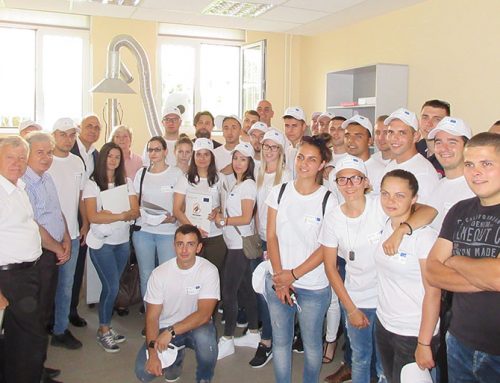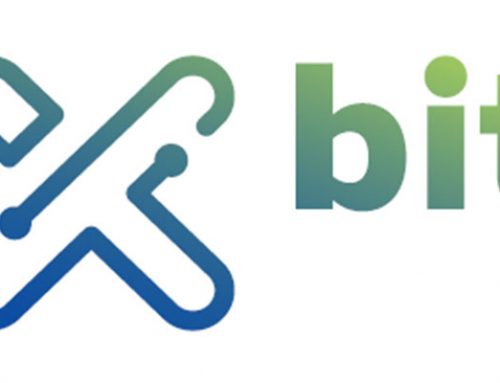Primary education in Serbia is both compulsory and free. Drop-out rates for young children, though, remain relatively high. In 2008, it was estimated by the Serbian government that 5% of pupils dropped out of elementary school, which represents about 80,000 children. Drop-out rates were higher among children from vulnerable groups, such as Roma and children with disabilities, and almost 19% of children living in rural areas were not enrolled in elementary school at all.
Children who drop out of school are often from low-income families and find it hard to obtain a job in later life. Without an education, many, like their parents, end up living in poverty and are socially excluded. In February 2010, the European Union launched a two-year project, Education for All, which specifically aimed to support a recent drive by the Serbian government to encourage greater social inclusion in the Serbian schooling system and to break this cycle of poverty.
Education for All was active in 180 pre-schools and elementary schools in Serbia and worked in particular on introducing teaching assistants into the classroom, as a way of supporting young pupils with economic and social disadvantages in realising their full potential. At the beginning of the school year 2010/2011, the job of ‘Pedagogical Assistant’ was officially introduced into the Serbian education system as part of the project, and 190 pedagogical assistants were trained to assist children with special educational needs.

No help at home
Nenad Ristić, a 6th Grade pupil at Vuk Karadžić primary school in Novi Sad, northern Serbia, is typical of the children who benefited from working with a teaching assistant. He had extra help from his teaching assistant, Ljiljana, in geography for nearly a year because, Nenad said, he ‘had problems with geography and had to re-sit my geography test. Ljiljana helped by telling me to come to school every day and work with her on geography. We practised until the re-sit.’ Like many of his classmates, Nenad explained that he never received help with his studies at home.
Education for All provided additional support to the 180 participating schools by training 1,200 teaching and educational advisory staff in new teaching methods and teaching assistant quality assurance and supplying them with workbooks to guide them in developing innovative ways of teaching literacy and numeracy. Some 35 educational trainers also received further training in working with children who have specific learning difficulties such as dyslexia. To enhance their learning experience, educational toys for pre-school pupils and general teaching equipment, such as smart boards and laptops, for the selected elementary schools were bought and the project also ran a National Art Competition to highlight the benefits of education among the schools that culminated in a concert and prize-giving ceremony.
Effectively ensuring that pre-school and primary school education is taken up by everyone whatever their background is an undertaking that will require time and extensive support. But projects such as Education for All are bringing about changes already. Nenad used to say he found it hard to learn all the subjects in school, but when asked if Ljiljana’s work had made his studying experience easier, he replied with an emphatic ‘Yes’.
More information
Project: Education for All
Implemented by: WYG International – www.wyg.com
See also: Serbian Ministry of Education and Science – http://www.mpn.gov.rs



